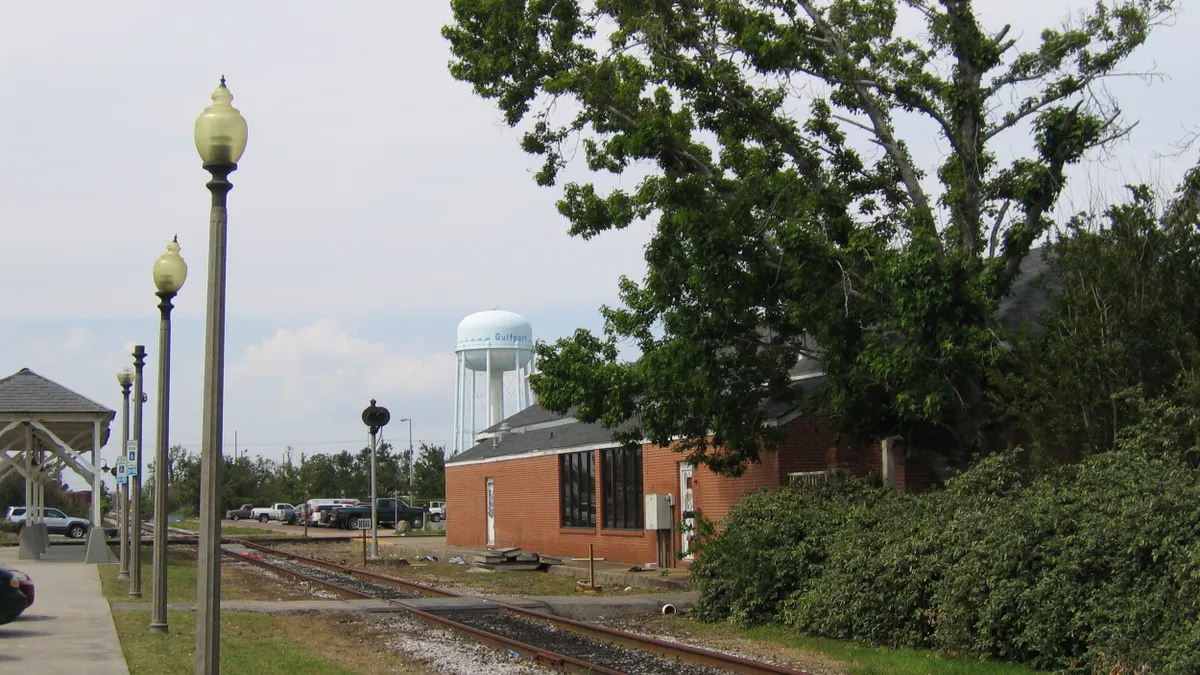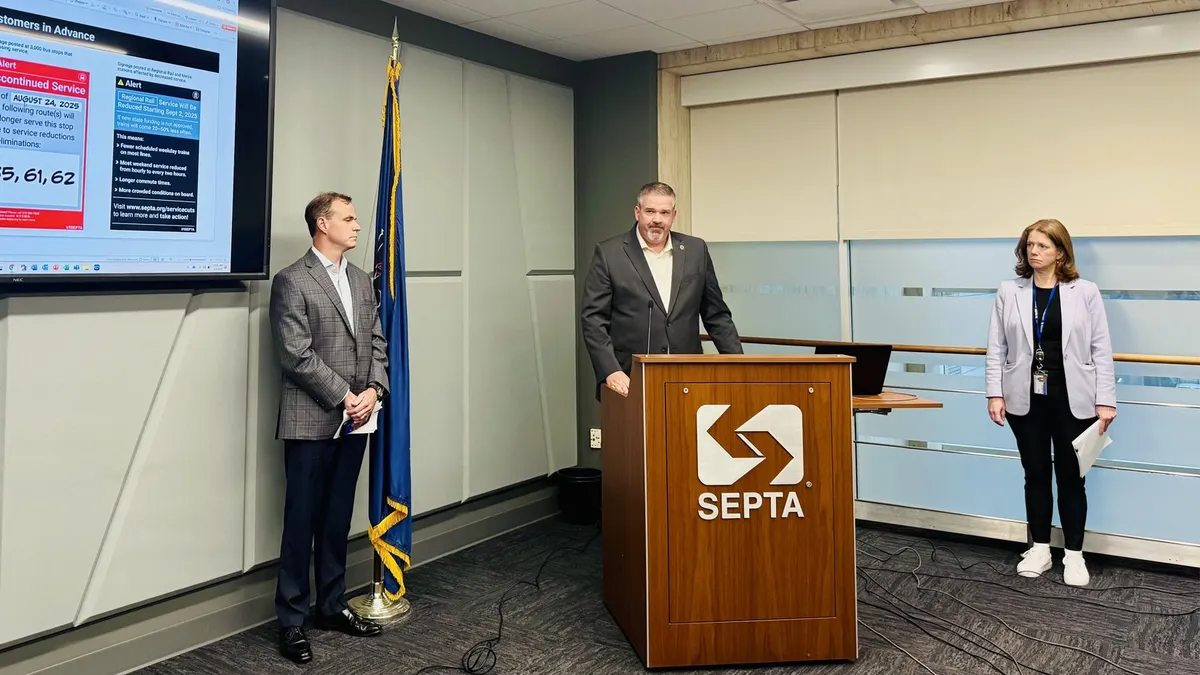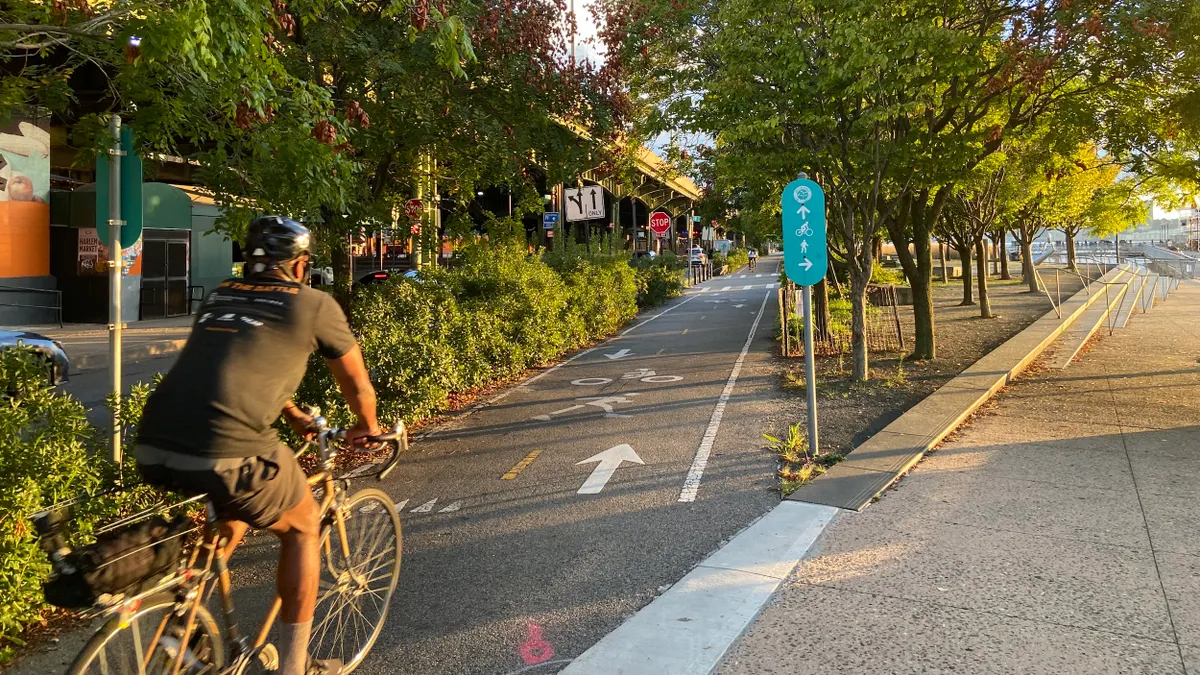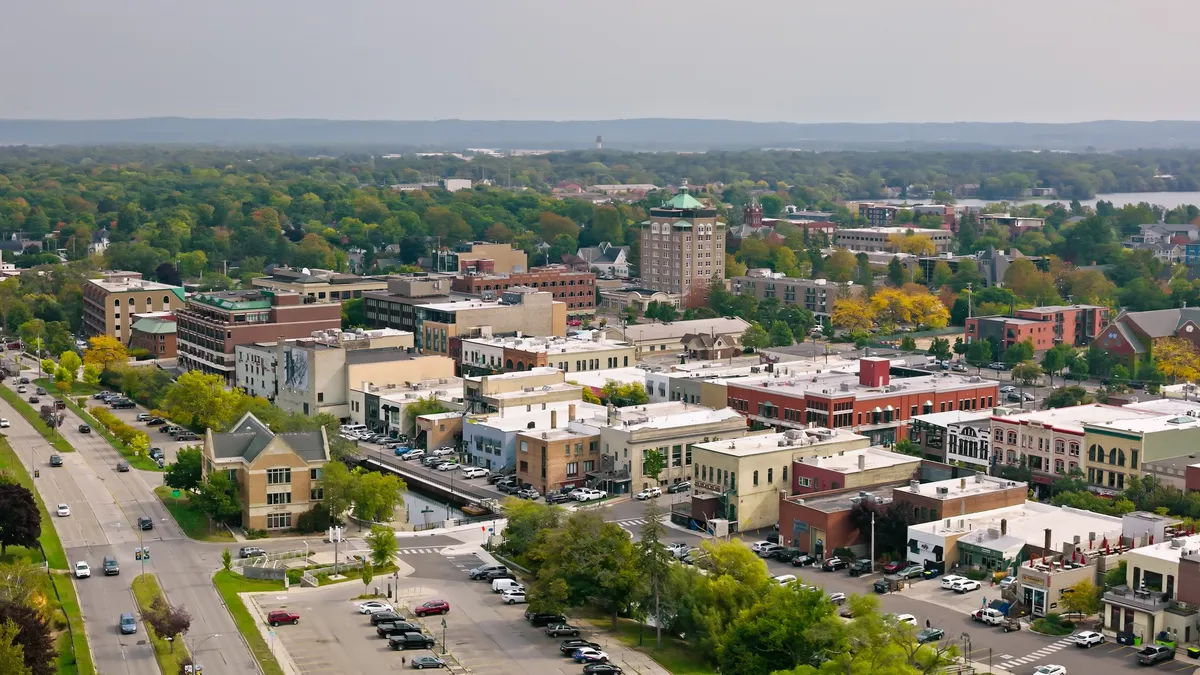Amtrak relaunched train service between New Orleans and Mobile, Alabama, Aug. 18, a route that hasn’t seen passenger rail since Hurricane Katrina struck a large portion of the line along the Gulf Coast in 2005. The through train from Los Angeles to Florida, which ran before the storm, remains a distant memory, however.
As Katrina approached New Orleans, Amtrak stopped inbound trains and moved its rolling stock out of harm’s way. But stormwater flooded the New Orleans Amtrak station, and freight railroads that carried Amtrak’s trains suffered storm damage in New Orleans and along the Gulf Coast. Katrina washed away nearly 5 miles of a Norfolk Southern bridge across Lake Pontchartrain and damaged or destroyed some 110 miles of CSX track and its Bay St. Louis, Mississippi, railroad bridge. As a result, Amtrak’s last remaining transcontinental train, the Sunset Limited from LA to Florida, went only as far east as New Orleans when service restarted after the storm.
The transcontinental train was never forgotten, least of all by Gulf Coast residents. Advocates soon began asking when the Sunset Limited would return, according to a Dec. 5, 2006, news report in the Shreveport (Louisiana) Times.
In 2014, the Southern Rail Commission, an interstate rail compact consisting of Louisiana, Mississippi and Alabama, began efforts to restore the transcontinental train with the support of Sen. Roger Wicker, R-Miss., Commissioner Knox Ross said in an interview.
Mayors across the train’s former route got together to urge Amtrak to restore service from Louisiana to Florida, saying it would help Gulf Coast tourism and give residents another transportation option. It wasn’t easy. Negotiations took place among the cities, states and the four freight railroads Amtrak would need to operate along. “A lot of different entities had the power to say no and did so,” said Jim Mathews, president and CEO of the Rail Passengers Association, in an interview.
The Southern Rail Commission, working in conjunction with the Federal Railroad Administration, assumed responsibility for coordinating and planning among the states to restore the train service while also working to attract federal funding. States would have to fund the train service, Ross said. Amtrak signed funding contracts with Louisiana and Mississippi; the city of Mobile also provides financial support.
The Port of Mobile, operated by the Alabama Port Authority, opposed the restart of Amtrak passenger rail service east of Mobile, however. Its concerns about increased train traffic led to agreement between Amtrak and the Mobile City Council that effectively blocks any expansion of the service beyond the city to the east.
There were still more issues to resolve. The battlefield shifted to a war between Amtrak and CSX, as the freight railroads attempted to block restoration of passenger train service on their tracks, arguing that coal and container shipments had grown substantially since Katrina, leaving little room for passenger trains.
The battle between passenger and freight trains was fought at the Surface Transportation Board, the federal agency that regulates freight railroads. The parties reached a settlement in 2022 that came with a $178 million federal grant for infrastructure improvements along the Gulf Coast rail line. Once funding among the participating states and the city of Mobile was ironed out, Amtrak was clear to move ahead.
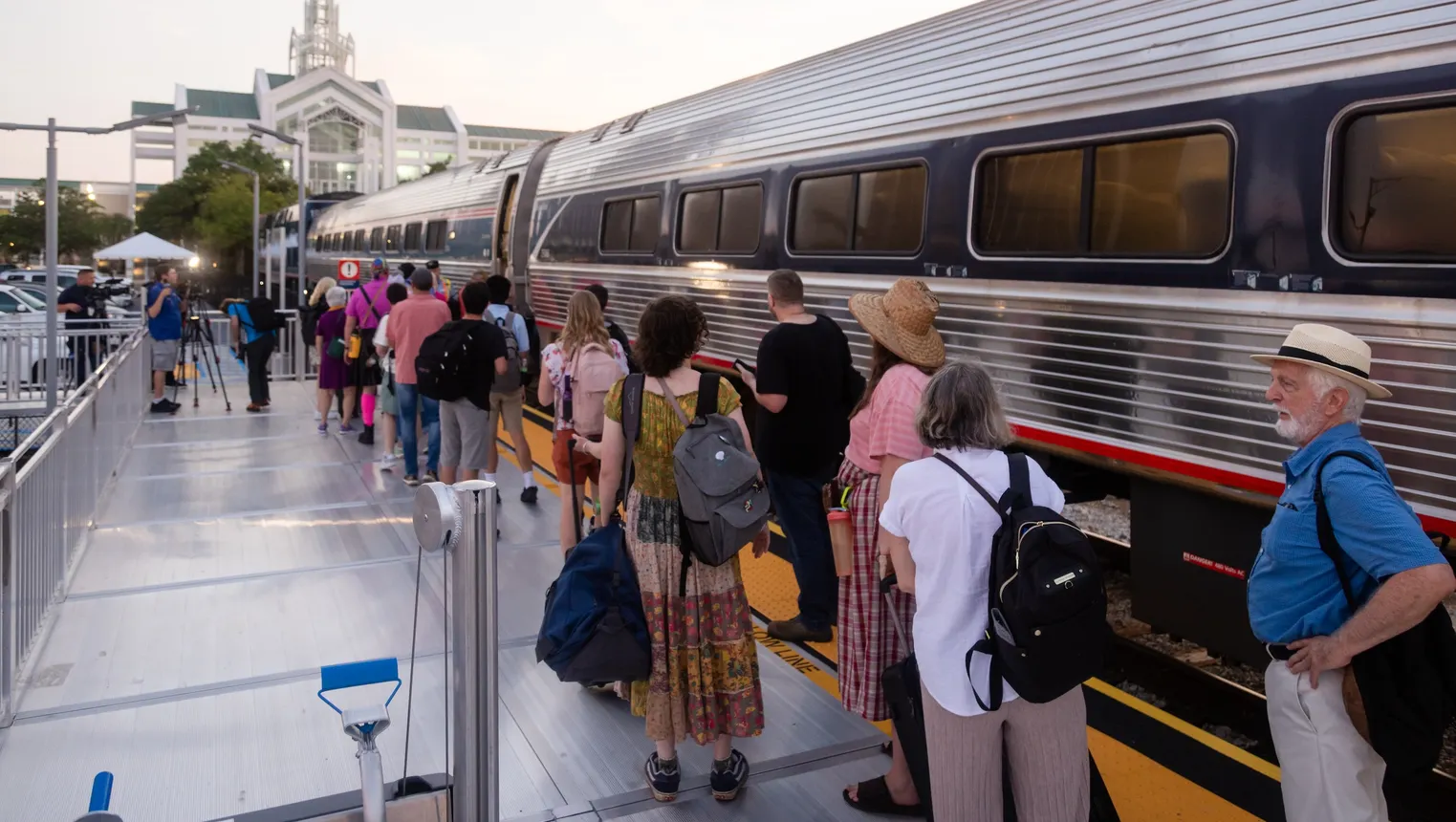
Special inaugural runs of the twice-daily trains, two days before the official start of service last week, came with jazz bands, a rolling carnival and fanfare at stops along the route. Regularly scheduled trains, called the Mardi Gras service, make intermediate stops at the Mississippi cities of Bay St. Louis, Gulfport, Biloxi and Pascagoula.
“At last, passenger rail has returned to the Mississippi Gulf Coast,” Wicker said in a statement. “Reconnecting the Gulf Coast to the nationwide passenger rail network will not only turn a page on Hurricane Katrina, but will expand opportunity in our state for years to come.”
The trains consist of coaches, a cafe and business car, with one-way fares starting at $15. Connecting Amtrak trains at New Orleans include service to Atlanta and New York City; Memphis and Chicago; and the Sunset Limited to San Antonio, Phoenix and Los Angeles.
“The public response to it has just been overwhelmingly positive,” Ross said, adding that some trains have sold out.
There are no connecting trains at Mobile, and Amtrak has no plans “at this time” to extend service beyond the Alabama city to Florida, an Amtrak spokesperson said in an email.
The Florida Department of Transportation would need to take the lead on making a through train to the Sunshine State a reality, Ross said. As an intermediate step, the commission is considering bus service covering the roughly 60 miles from Mobile to Pensacola, Florida, which Ross said Pensacola officials support. For now, though, “we're concentrating on making this particular service [a] success,” he said.



